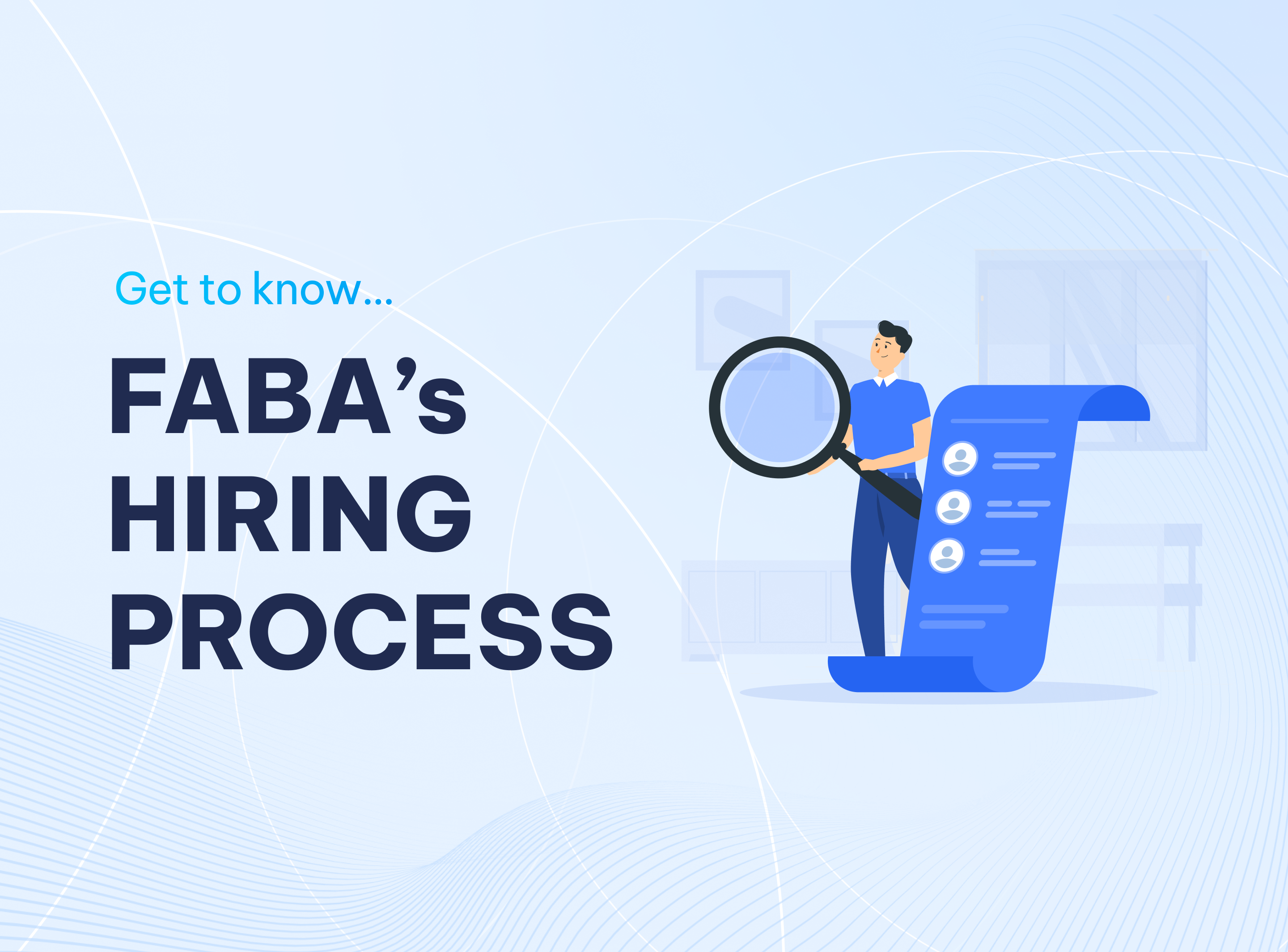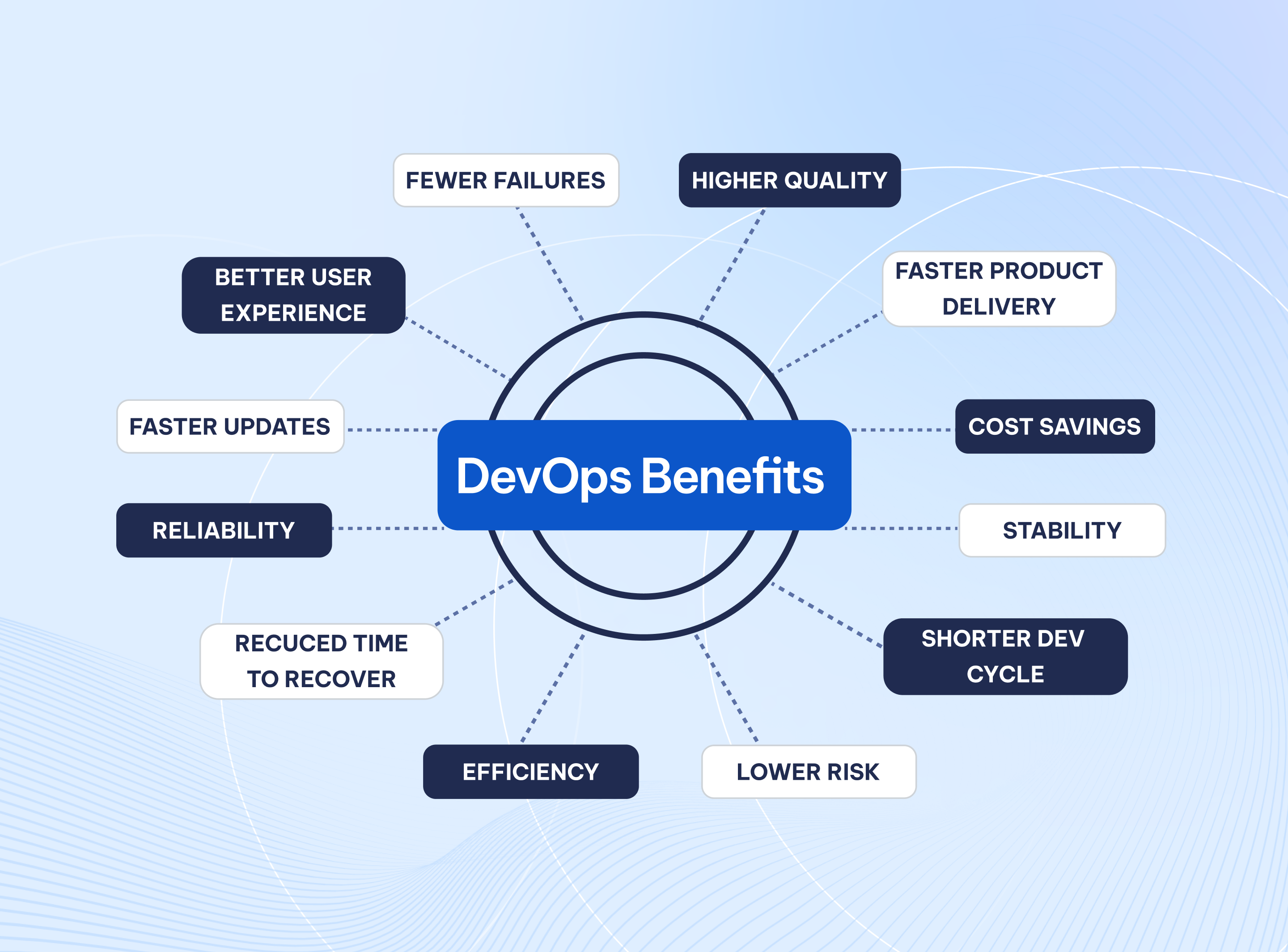Top Questions To Ask An Offshore Development Company
Published on Sep 22, 2023
Finding a good offshore development firm can be a bit of a hassle when you do not know what questions to ask during the interview process.
Seeing this demand, we have compiled a list of questions that will help you find your perfect vendor.
1. Who are your clients?
This is a standard question to ask when researching an offshore firm — with big brand names being equated to higher-quality products.
Once you learn about their past clients, you can then contact them to have a reference about the firm’s performance.
Most companies would have their portfolio showcased on their website, or case study documents ready for clients to read.
This will allow you the chance to learn about the vendor’s strengths and weaknesses — giving you the chance to make a better-informed decision.
A good tactic is to look for firms with clients that are more in line with your industry for better compatibility.
Moreover, companies should focus on how these offshore firms handle clients’ problems rather than whether they made a good product or not.
2. What are your hiring criteria?
One thing that companies might overlook when outsourcing is the people and team behind the offshore firm. Our advice is to treat the outsource team as an extension of your in-house team.
Most importantly, you should look out for offshore companies with developers who can fill in the knowledge and skill gaps that your in-house teams lack.
Factors such as how the team is structured, coding standards, number of senior developers, etc. can help you learn more about the offshore firm's criteria.
In most cases, a typical offshore firm would have a 3-phase interview process:
- HR Interview
- Technical Interview
- Interview with PM or CEO
Companies that are transparent about their hiring process would provide customers with a few blind CVs, from developers with the skills and knowledge that clients might need.
Other employee-centric questions you can also ask are whether the offshore firm uses freelancer developers, or how quickly can they set up/expand a team during sudden changes.
3. How will I be involved in my project?
This question allows both sides to learn more about each other’s requirements and development process, as it will differ on a case-by-case basis, such as whether it is a development or maintenance project, and what price package the client has chosen.
For example, most offshore companies would have three phases during development projects that require input from the customers.
- Initial phase: Both parties will sit down and discuss the project — including its scope and requirements, and clients will have to answer any questions from the offshore team during and after the discussion to ensure full understanding.
- Development phase: The offshore team focuses on their assigned work and sends back scheduled reports and project demos to the customers — where changes and feedback can be input from the customers.
- User Acceptance Testing (UAT) Phase: The team sends the finished software for testing to the client and awaits feedback.
In a few cases, clients may also include a few more interactions, such as reviewing and verifying codes and technical solutions from the offshore team before continuing with development.
4. How do you provide maintenance and support?
Post-launch maintenance plays a vital role in allowing the software ecosystem to run smoothly and efficiently — contributing to the success of your product.
Support and maintenance for software products after their development are considered part of the UAT & Warranty phase, with the time length depending on the project.
After the warranty period has ended, customers can choose to have the offshore firm continue to support them on a long-term or spontaneous short-term basis.
Pricing will depend on many factors, such as the package type, amount of resources and effort invested, level of urgency, etc.
Because of this, many companies opt for firms that have an extended warranty phase for better budgeting.
Changing vendors midway because of budget problems can be a costly and risky maneuver, so be sure to plan ahead and ask how the firm’s warranty phase works before working with them.
Because changing vendors can be very costly and time-consuming, be sure to ask about how the firm’s warranty phase works so you can calculate your budget.
5. What are your service packages?
Since offshore development is all about cost-effectiveness, this is a common question among many companies that are looking to outsource, and it is a chance for offshore firms to prove their trust to clients by being transparent about the price.
Pricing for a project will be based upon a variety of factors such as package type, project’s scope and size, number of employees, and many more.
Most companies would follow the pricing packages of the fixed price, time & material, and dedicated team. We wrote a separate article about how these services work, so be sure to check here if you feel interested.
6. How will you prioritize my projects?
Most offshore development companies prioritize projects according to the chosen packages and demands.
By asking this question, you can help clear up your project’s resource requirement with the offshore team and reduce the risk of lacking resources during crucial moments.
7. How do you handle data privacy and data security?
Offshore development means relinquishing your data to another company, increasing the risk of data violation and security breach — a serious concern, especially for customers in the healthcare and fintech industries.
On the client side, it is important to sign a comprehensive contract — detailing how the offshore partner will use the received data for specific purposes and motives, this will also put any responsibility for data breaches solely on the side of the firm.
A good offshore development firm will implement up-to-date security measures, with regular penetration tests, as well as train employees on how to handle data security.
Conclusion
These are some general questions that can help you get a clearer picture of what to look for when scouting for your ideal outsourcing firm.
If you need further help, FABA Technology strives to be transparent and help clients fully understand what the IT outsourcing business entails. Let us help you bring in the expertise you need and get your projects done as smoothly as possible.
To check out what benefits can FABA Technology bring you, contact us here.











